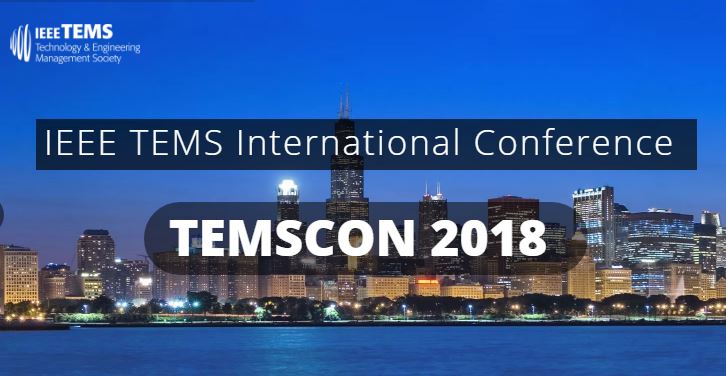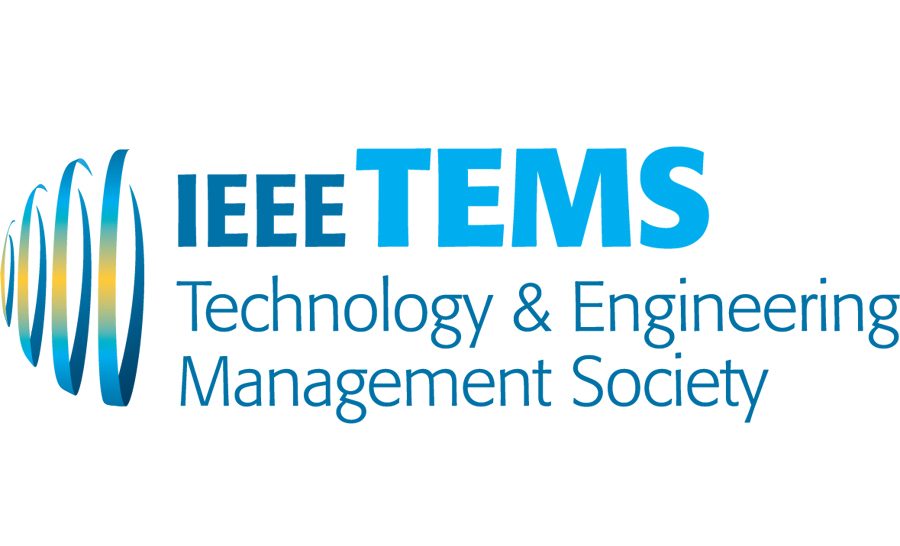There was a time when the prevailing thought, taught in most business and law schools was that the sole purpose of business was to maximize the return for the shareholders. In many ways, it was thought that this was the one and only metric for business success. Ironically, prior to twenty years ago, business schools taught that a business does not exist in a vacuum and therefore every business should strive to balance the needs of all the stakeholders. The list of stakeholders was comprehensive and included the employees, the shareholders, the customers, the suppliers, the environment and the community. The shift to being bottom line oriented was based on the idea that once you have maximized the return, the shareholders can allocate the proceeds as they see fit.
The term: “corporate social responsibility” emerged from this new paradigm as a counterbalance. In my mind it was invented to restore the legitimate needs of the various stakeholders described above. It was intended to remind corporations that their legacy goes far beyond how much money they make and extends to the “footprint” they leave behind in society and the world. Some recent examples include Chipotle, a company with a grand tradition of delivering real food to its customers, without extensive use of food science or preservatives, focusing on organic and natural foods. Ironically they violated much of that trust as some of the food poisoning cases started to come out as their business had scaled to tremendous levels. A focus on social responsibility has served other companies very well including Whole Foods, a company that takes CSR very seriously. One of the original CSR focused companies was Ben and Jerry’s, a company that made it a point to source product locally and to deliver product responsibly. Coming from Vermont, it seems consistent with the values that come from that state. Another recent example is KIND, the granola bar company that attempts to be kind to your body and the planet at the same time. Most of these examples are from 5 to 15 years old.
So what is different today? Today CSR has a much broader reach and more instantaneous impact on the culture. Why did so many companies ditch their white house council appointments so quickly after the Charlottesville incident? Why did so many companies fret about their brand and the potential impact that association with these councils might have? I believe one big factor is the social movements that can literally arise in a matter of a few days that is enabled by the internet and social media. An excellent article on this topic can be found here:
http://www.msn.com/en-za/money/news/analysis-sa-social-media-is-giving-consumers-power-to-discipline-corporations/ar-AAqsvTf
What this means is that social media can act almost as a near instantaneous crowd sourced policeman for the actions or inactions of corporations, especially when it comes to actions in the limelight. This can be political, or it can be related to their products, services or corporate ethics.
There was a time, about 5 years ago, that the internet was little more than an electronic means of distributing content that would otherwise be in print. Product launches could be easily foiled by an internet review that was unfavorable in any way. Products could be killed, almost overnight for lack of a positive review from the thought leading websites. Today, that part of the process is less random and better architected by product launch teams, but what seems to be the new random variable is controlling and harnessing the power of social media. The impact of social media goes well beyond the traditional product launch and the review sites and magazines and can go to virtually every word and every decision made in the boardroom. Now it is no longer product launches that are at stake but the reputations of entire companies and their CEOs.
By policing corporations, the influence of social media can echo through the entire culture, affecting government, other businesses, NGOs and individual responses. Is it possible that social media is becoming the conscience of America? While corporations are often vilified for their self-serving decisions and actions, the flip side is that corporations are listening much more to the echo chamber of social media and they can scientifically determine if a course of action can or will impact their short and long term market potential. Today’s companies can longer sit on the sidelines and watch the culture wars unfold as if society was external to the corporation. They can no longer allow themselves to get swept up in the media frenzy that can ensue. They must be leaders and claim their ground quickly and decisively.
Millennials make their home on social media. Millennials are, in many cases, determining the fate of many industries and businesses. This is serious stuff that today’s CEO can’t ignore. Many articles have been written on the business impact that millennials are having on a wide range of businesses. Here is a link to a few that might be of interest:
https://finance.yahoo.com/news/psychologically-scarred-millennials-killing-dozens-165006423.html
http://www.chron.com/national/article/Millennials-are-killing-these-industries-11203547.php
http://www.marketwatch.com/story/5-industries-that-millennials-are-destroying-2014-06-21
While it is easy to blame the millennial generation, the truth is the fault lies with those companies, CEOs and marketing departments that ignore social media and its huge impact to their own peril. It is no longer enough to have a good product at a fair price, companies can rise and fall on the values they portray and the image they craft on various outlets including social media.










Add Comment